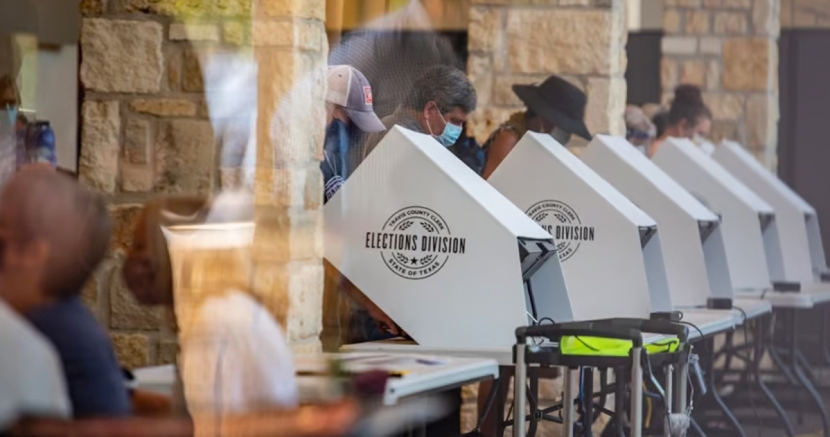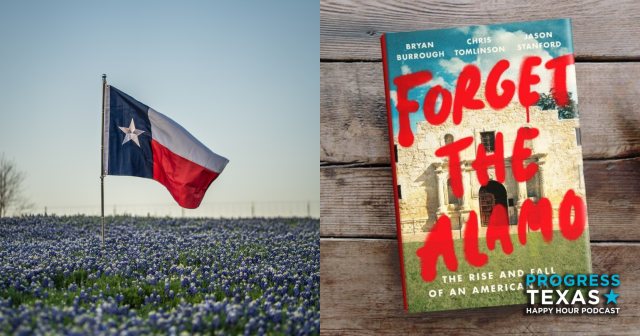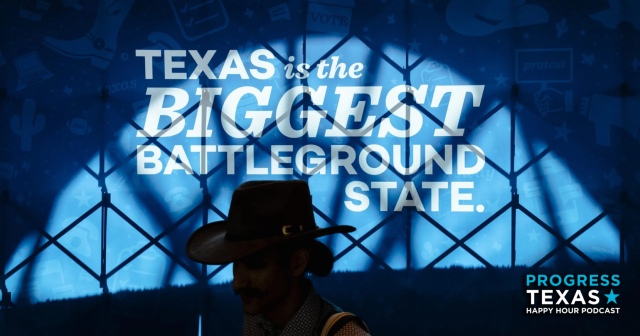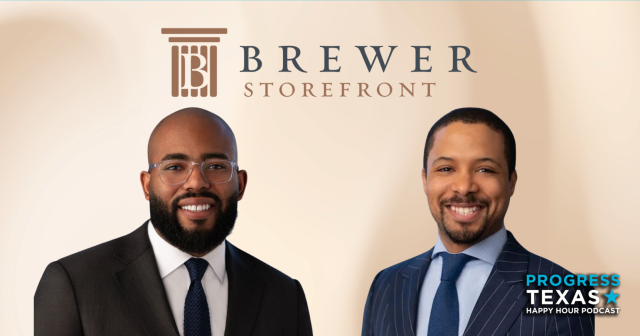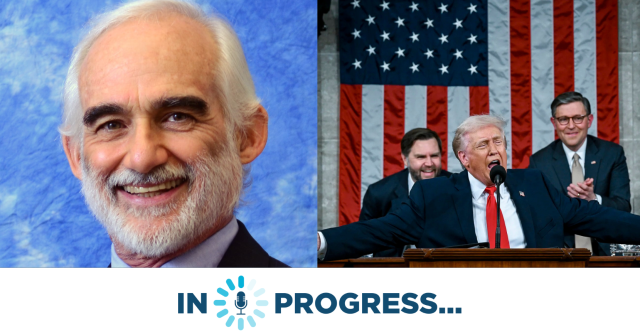2024 is all about elections. In March we have the primary races. You have options, so choose the progressive fighters! (See: Roland Endorsement.) In November, we’ll be caught up in national conversations and candidates. And in Texas - for the rest of the year - our election system is in dire need of assistance. Specifically, our elections system is chronically underfunded.
There are two major concerns for our elections systems this year: the threat of closed primaries and reduced early voting locations.
Closed Primaries
In Dec. 2023, the Republican Party released their ballot propositions, one of which (Prop. 9) restricts voting to only registered party members. This measure exists in a larger context where closing primary elections equates to the disenfranchisement of whole voter groups.
Texas is an open primary state, which means voters have the freedom to choose on a yearly basis which party’s nominees they’d like to select in the primary election. You pick your party ballot and stick with that registration through the runoff. This system allows independent-minded voters, the fastest growing group of voters in Texas at that, to partake in the election process.
Impacts of a Closed Election
If legislation like Prop. 9 is implemented, it would mean that independents are removed from their right to vote in the primary process. For Texans, this would impact veterans, 50% of whom vote independently, as well as young people and anyone outside of strict party lines.
When a primary is limited to party registration, every voter, every election, has to re-register each time and declare a party affiliation. This would mandate voters to relinquish their right to a private vote by labeling them politically and publicly on record with the state. Furthermore, our primaries are paid, located, operated, and staffed using our taxes. Limiting those who can participate encroaches on a fundamental tenet of our country’s founding: no taxation without representation. You paid for the election, you should be able to vote in it.
Lastly, primaries often serve as the most personally meaningful elections for voters because these competitive races offer the opportunity to choose between the issues and candidates presented. Even Nikki Haley agrees with this, banking on Texas’ open primary status, hoping to pull from Democrat and Independent voters who don’t want Trump as the Republican nominee.
Closed primaries restrict choice for all Texans. And if that’s not enough: they will cost us too. The state of Texas would have to waste millions to re-register voters, retrain election workers, and revamp election administration to make the process worse. All the while, voters could be disenfranchised by not registering properly, or shut out entirely if they are independent.
Early Voting Locations
The other issue costing voters is the closure of vital early voting locations because of a new law leaving rural and small town populations with less access to, and funding for elections. HB 1217, an unfunded mandate, was enacted this year with alleged intent to increase early voting days and hours, however, without additional funding, towns with small populations cannot keep up with the new requirements, so the opposite effect occurs: the locations close down.
One example catching attention is San Patricio County, which had to close half of its early polling sites. Now, only four locations remain and they cover a span of 55 miles. This is an issue for anyone without means of transportation, work schedules in conflict with the hours, and elderly and disabled Texans are especially at risk.
Pam Hill, the election administrator for the area, addressed the contradiction between the law’s purported intent and consequences, noting that her budget can’t accommodate the new demands and they will be forced to reduce sites. Moreover, the little funding from HB 1217, which for some only amounted to $900, is pulled from funds dependent on population size as more registered voters corresponds to the amount of money they can receive. San Patricio receives about $15,000 every other year, but that is all dedicated to paying part-time workers and internet access, and nothing is left to pay for the costs of new extended hours.
Measures to Support Democracy
It’s not all bad news, though. The critical elections of this year will develop, and many people will choose their candidates in our open primary state, as is their right. Many people will use early voting sites that were requested by their community members, or even wait in a line on Election Day. It’s vital that we keep these measures of accessibility in place so everyone else can participate, as well. While we wait on federal intervention like the Voting Rights Act of 1965 to end our country’s racist patchwork of election laws, we can do our part to resist here at home.
Texas isn’t a red state, it’s a voter suppression state.
What you can do:
- Keep our primaries and early voting sites open!
- Advocate for the institution of online and same day voter registration
- Push for more funding for election workers and administration costs
- Be an elections worker or poll monitor
- Visit our handy GoVoteTexas.org (in English and Spanish) for more information on current elections!
DONATE
Your donation supports our media and helps us keep it free of ads and paywalls.

